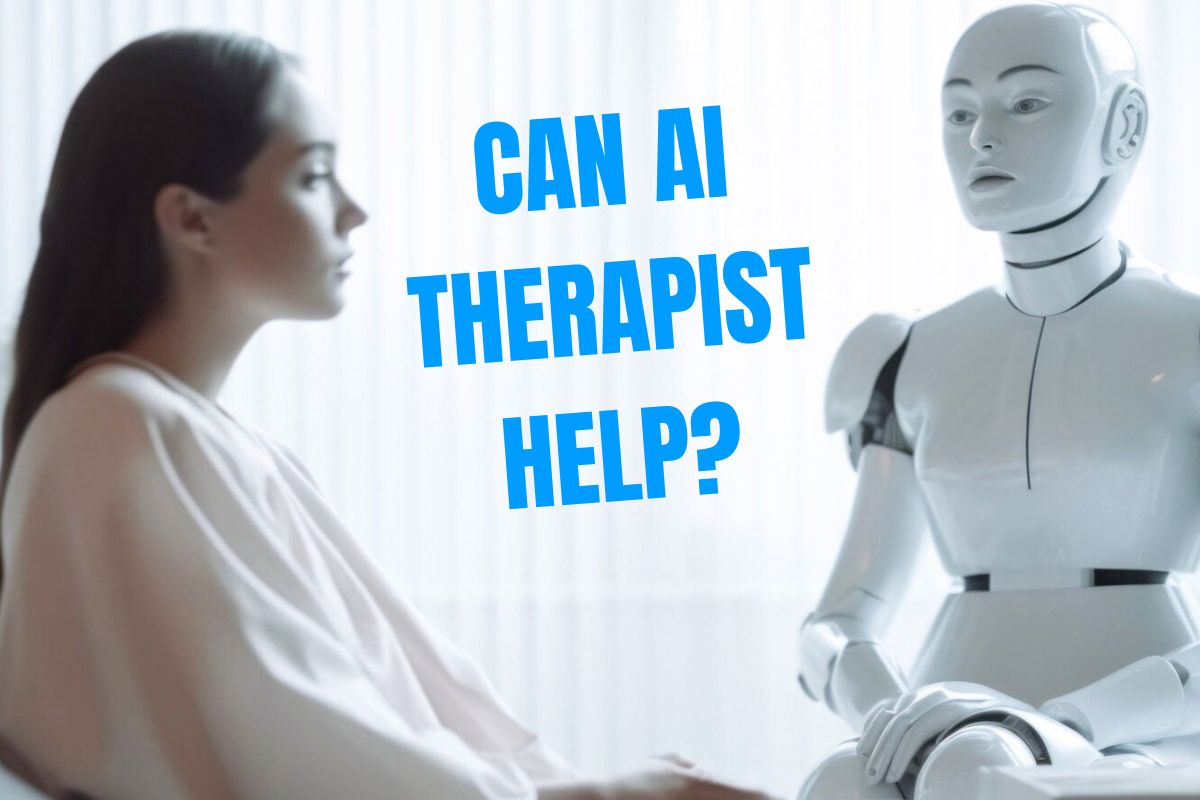Can AI Therapists Actually Help? A 2025 Reality Check
In 2025, artificial intelligence has become a part of almost every aspect of our lives—from smart homes to self-driving cars. But what about our mental health? Can an AI really understand emotions, give advice, or replace human therapists?
Let’s take a closer look at how AI therapy is shaping up in 2025—and whether it’s truly helpful or just hype.
🤖 What Are AI Therapists?
AI therapists are virtual mental health tools—like chatbots or apps—that simulate a therapist-like experience. These digital companions use natural language processing and machine learning to:
- Chat with users about their feelings
- Suggest coping strategies
- Track emotional health
- Provide reminders for self-care
Popular AI therapy platforms include Woebot, Wysa, and Replika, which have improved dramatically in recent years.
✅ The Pros: Why People Are Using AI Therapists
- 24/7 Accessibility
No appointments needed. AI therapists are available anytime, anywhere. - Affordability
AI tools are often free or low-cost compared to traditional therapy. - Privacy & Anonymity
Many users feel more comfortable opening up to a bot than to a real person. - Consistency
AI doesn’t forget, get tired, or judge. It offers a neutral and structured response every time.
⚠️ The Cons: Where AI Still Falls Short
- Lack of Human Empathy
While AI can mimic empathy, it doesn’t feel it. This can limit emotional connection. - Not for Serious Mental Health Issues
AI isn’t equipped to handle crises like suicidal thoughts, severe depression, or trauma. - Generic Responses
AI therapists rely on algorithms. While they’re improving, the responses can still feel repetitive or robotic. - Data Privacy Concerns
Sharing personal thoughts with an app raises questions about how your data is stored and used.
🧠 What Experts Say in 2025
Most psychologists agree: AI therapists are a helpful support tool, but not a replacement for human therapy. They can be great for:
- Daily emotional check-ins
- Practicing CBT (Cognitive Behavioral Therapy) techniques
- Managing mild anxiety or stress
But for deeper emotional healing, human connection remains essential.
🌟 The Future of AI Therapy
Looking ahead, AI therapy will likely become more advanced and personalized. With the integration of emotional recognition, voice tone analysis, and mental health tracking, AI may become a powerful sidekick in mental wellness.
However, the best approach may be hybrid therapy—where AI tools support and extend the care provided by real therapists.
🧩 Final Thoughts
So, can AI therapists actually help in 2025?
Yes—but with limits.
They’re useful companions for managing stress, tracking mood, and building healthy habits. But when it comes to deep emotional support, nothing beats the warmth of human understanding.
As tech and therapy continue to grow together, the future of mental health looks more connected, accessible, and hopeful.

